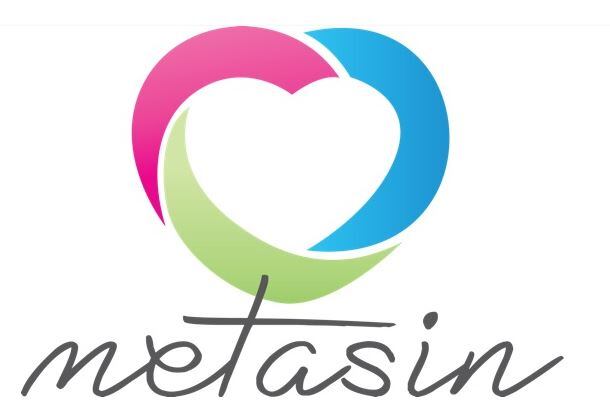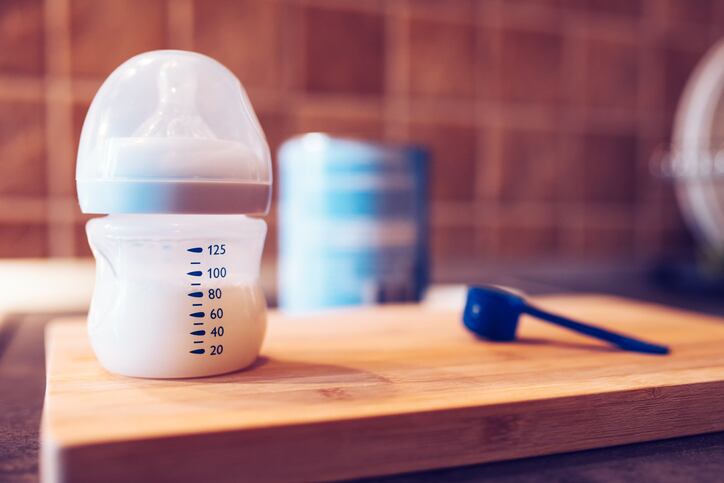The plans will see Epax increase capacity at its central production facility in Ålesund with output expected to increase by over 50% by 2021.
“This substantial investment will create new possibilities for the marine ingredients sector in terms of concentration, purity and quality,” says Bjørn Refsum, CEO of Epax.
“We're particularly excited about our new distillation process, which we believe is the most effective and environmentally friendly way to achieve high levels of eicosapentaenoic acid (EPA) and docosahexaenoic acid (DHA) without creating unwanted by-products and waste materials."
Epax has a long history of innovation within the omega-3 sector, having invented the technology to concentrate fish oil as an ethyl ester back in 1987.
The firm’s investment in innovation continues to this day as it revealed back in May details of a new distillation process that can produce concentrations as high as 70% by weight (compared to the current industry standard of 50%).
Unwanted by-products
“The mild nature of the next generation distillation process makes it a highly effective way to increase EPA and DHA content without creating unwanted by-products such as trans-fatty acids and polymers,” the firm said.
Epax recently spoke of its efforts to reduce production waste as well as create an environmentally sustainable company.
“One of our focus areas is reducing local truck traffic, and the air pollution from that traffic. We have now achieved a dramatic reduction in road transport by shifting the majority of our by-product shipments to sea, and by setting up production of our own biofuel,”
A portion of the investment will go towards building a new manufacturing facility nearby that will provide raw materials for new and specialised marine ingredients.
“Our biofuel is made from the by-products of our Omega-3 production, and burns extremely clean, with very little dust resulting from the combustion,” Epax said. “And it comes of course from a renewable source.”
Encouraging findings
The firm’s omega-3 oils were the subject of a recent study in which their supplementation were strongly linked to enhanced neural blood flow.
This boost in blood volume could possibly prevent memory decline caused by restricted blood flow or brain cell inflammation.
“DHA is the most common omega-3 fatty acid in the brain having a series of important effects preventing inflammatory brain cell death, which is the pathological basis for Alzheimer’s disease,” said Dr Morten Bryhn, scientific advisor at Epax.
“EPA being another marine omega-3 fatty acid is present in less amount in the brain, although enriched in arterial endothelium engaged in maintaining arterial tone and blood flow.”
Epax is a wholly owned subsidiary of Norwegian company Pelagia since August 2017. Before that, the company was bought and subsequently sold by specialty chemical company FMC Corporation. FMC paid €312m for Epax in 2013.




